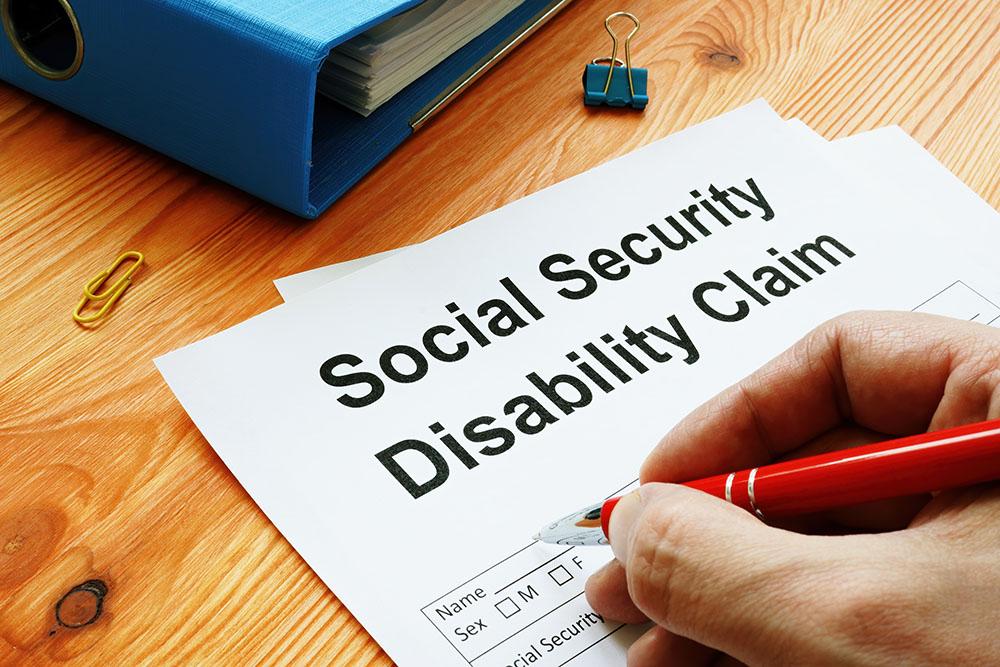Every day, people rely on medical devices to improve their health and quality of life. From pacemakers to hip replacements, these devices can be lifesavers. However, when they fail, the consequences can be severe, sometimes leading to significant injury or harm. This is where understanding medical device litigation becomes important. Knowing your rights and what steps to take can empower you if you find yourself affected by a defective device.
Medical device litigation is a legal area focused on holding manufacturers accountable when their products do not meet safety standards. It ensures that those harmed can seek justice and compensation for any injuries. Understanding the basics of these lawsuits helps prepare you for what might be ahead if you, or someone you care about, is affected by a faulty medical device.
Understanding Medical Device Litigation
Medical device litigation involves legal claims against manufacturers when their products are alleged to be unsafe. These lawsuits are essential for victims seeking compensation for injuries. Generally, they arise when devices have manufacturing defects, design flaws, or fail to properly warn users about potential risks.
There are several reasons why these lawsuits occur:
– Manufacturing Defects: Errors during the production process can lead to a batch of defective products. For example, a batch of faulty heart valves might cause harm to patients, leading to a lawsuit.
– Design Flaws: Sometimes, devices are inherently dangerous due to poor design. For instance, a faulty hip implant might not be robust enough, leading to wear and subsequent injury.
– Lack of Warnings: Manufacturers are responsible for informing users of any potential risks or side effects. When they don’t, and injuries result, legal action is often pursued.
These cases ensure that manufacturers adhere to safety standards, preventing harm and fostering accountability. If a company is found liable for injuries, victims can receive compensation to cover medical bills, lost wages, and pain and suffering.
Types of Defective Medical Devices
Unfortunately, not all medical devices perform as promised. Here are some types that are commonly involved in litigation:
– Implantable Devices: Items like pacemakers or defibrillators, when defective, can malfunction and cause harm.
– Prosthetics: Misaligned or poorly designed prosthetics might lead to discomfort or injury.
– Surgical Meshes: Often used in surgeries, faulty meshes can cause infections or organ damage.
Each of these cases involves specific examples where individuals have sought legal recourse. For instance, a patient who received a faulty hip replacement might find themselves unable to walk properly, spurring legal action against the manufacturer.
Understanding how these devices might fail prepares you to take swift action if you’re ever affected. By recognizing the signs of a defective product, you can seek legal help early, potentially safeguarding your health and rights.
The Legal Process for Medical Device Litigation
Taking legal action due to a defective medical device involves several steps, each crucial for the case’s success. The journey begins with identifying the problem. If you’ve been harmed by a device, you need to document everything meticulously. Details like when you received the device and any issues or adverse effects you’ve experienced are key. This information forms the foundation of your case.
Next, it’s wise to consult with a lawyer who specializes in medical device litigation. They’ll help assess your case, determine its viability, and guide you through the legal maze. During this initial phase, your lawyer may also initiate an investigation to gather evidence, which could involve medical records, expert testimonies, and device specifications.
Once enough evidence is compiled, the lawsuit begins. This typically involves filing a complaint in court and notifying the device manufacturer. The legal proceedings from this point can include discovery, where both parties exchange information related to the case, motions to resolve or narrow down legal issues, and possibly a trial if a settlement isn’t reached beforehand. Understanding what to expect in each phase helps reduce anxiety and prepare you for what lies ahead.
Choosing the Right Medical Device Lawyer in Wilmington, NC
Selecting the right lawyer is all about finding someone knowledgeable and experienced in medical device litigation. Here are some factors to consider:
– Experience and Specialization: Look for lawyers who specialize in personal injury and have a proven track record with cases similar to yours. This ensures they understand the intricacies of medical device issues.
– Local Knowledge: It might be helpful to choose a lawyer familiar with the Wilmington, NC area, as they’ll have a better grasp of state and local laws and regulations.
– Communication and Support: You want someone who communicates clearly and frequently updates you on your case. This transparency builds trust and helps you stay informed.
Working with the right legal expert can relieve much of the burden and complexities of handling a lawsuit. They will manage the intricacies and advocate for the compensation you deserve.
Summarizing Takeaways
As you reflect on the complexities of medical device litigation, it’s clear how vital it is to be informed and prepared. We’ve discussed the various reasons these lawsuits happen, the types of defective devices involved, and the essential steps in the legal process. Each aspect contributes to understanding the journey from realizing a problem to seeking justice.
If you’re ever affected by a faulty medical device, don’t hesitate to seek professional advice. Taking prompt action can protect your rights and ensure that you’re supported every step of the way. Stay informed, and approach each stage with confidence, knowing that legal avenues exist to help you redress any wrongs suffered.
If you’re dealing with the challenges of a defective medical device and need expert legal guidance, consider reaching out to the medical device lawyers at Greg Jones Law, P.A. Their specialized knowledge and commitment to clients in Wilmington, NC, ensure you receive the support and representation you need. Learn how they can assist with your case by visiting the medical device lawyers page.




